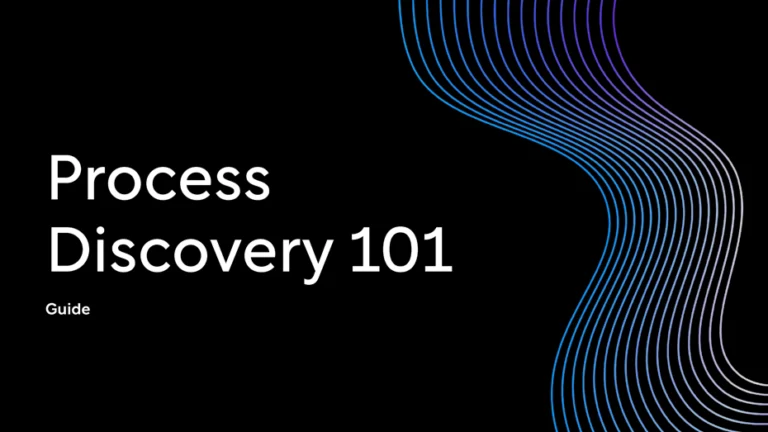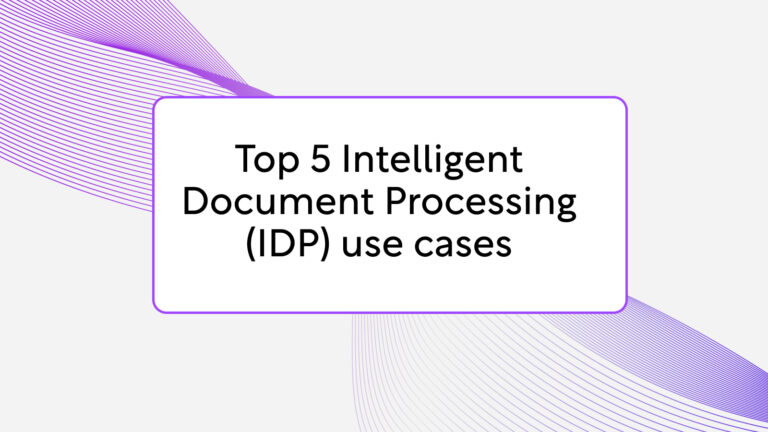From an organizational standpoint, digitalization offers more opportunities and is subject to more improvement than the standard paper administration. For this reason, and some others, making the switch to electronic records is a future-proof choice that could prove very useful. Making the switch to digital document management is not an easy task, and is frequently done incomplete or wrong. What follows are several pieces of information, tips and tricks that should be taken into account when implementing this new way of working.
Go digital, go clean and compliant
When you switch to paperless office, do it properly. Clean up the personnel files that have been unattended for too long. Don’t store the documents that you shouldn’t store, because they only take space. Focus on clean and complaint dossiers when you make this big change.
Determine compliancy
To reach compliancy, it is very important to determine when you are compliant. What documents should you have in your possessions, and which do you want to have. It is the first step in reaching a fully functioning digital human resource document management.
Can compliancy be reached with only digital files?
Since compliancy is also defined as being in line with the applicable laws, a first important question to ask if digital files are allowed as a substitute to a “normal” dossier. The answer to this is, with reservation, yes. The legal systems in which companies operate doesn’t change in the same pace as is often desired. Nevertheless, digital files seem to have been accepted as a legal alternative to paper ones. The reservation in my answer, stems from the differences between countries. It is always better to have a thorough check by an expert in legal matters if the digital alternative will be satisfactory, but in general this will be the case.
Is it safe?
When it comes to safety, Content Management Software is no different then a lock. Some locks are easy to crack, and others impossible to open without the key. A good software, that is well developed is more than safe enough.
Don’t throw everything away
It is easy to be afraid of fines because it is possible to break the law. Especially with the introduction of the GDPR, throwing away documents seems like an interesting alternative. This can easily change into throwing away a lot of information causing value destruction or, worst case, the fines that you initially tried to avoid. Be strict and critical, but don’t be afraid to keep what is useful and allowed.
Who can what?
An important question to ask when setting up a digital system, is to ask who has access to what? Who can see documents, add pages or remove them. This requires, partially because of the GDPR, a thorough examination who gets the key and for how long. A content management system needs to enable specific set-ups that can differ per user.
Reporting and retention
Two very useful parts for document management are reporting and retention management. Reporting is used to asses what documents are needed inside a dossier, which can be an enormous help to asses what documents are missing and should be added. Retention management is a strong asset for any content software, that manages the documents that should be thrown away at a certain time. As the largest problem with compliancy, retention keeps challenging the compliancy of companies around the world. Do yourself a favor and look for a solution that has these two functionalities.
Sharing
Lastly, an often forgotten part of content management software. It is crucial that software that gets taken into the system, arrives secure. It makes little sense to lock away a document that has been send via a public mail account. This means that proper software should offer a secure way to share documents.





